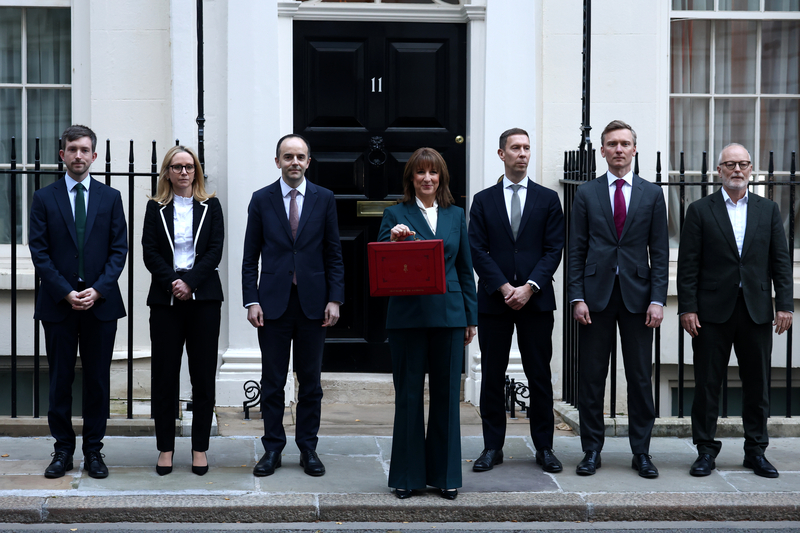
Key crisis scenarios for charities
Whether supporting cancer research, human rights, animal welfare, or the recent climate change emergencies, the UK is home to a diverse and impactful charity sector. However, like any other sector they can be hit by unexpected crises stemming from various factors such as financial mismanagement, sudden incidents, and legal and regulatory issues.
Considering these threats, crisis preparedness is critical to help charities navigate challenging times, maintain the trust of their stakeholders, and mitigate the risks to their reputation. In this blog, we employ our experience of handling cases across the charity sector to outline the most likely crisis scenarios involving charity organisations and offer practical advice on how best to anticipate, address, and resolve these crises effectively.
Financial mismanagement
Charities heavily rely on public funds, and financial mismanagement is one of the principal elements that can threaten the stability of a charitable organisation and, in some cases, even sink it. The BDO 2023 Charity Fraud Report found that staff, members, volunteers, or trustees perpetrated 50% of detected frauds.
This statistic demonstrates the need for charities to have crisis plans in place surrounding financial mismanagement. As charities largely run on donor generosity, the failure to manage financial responsibility and deal with the aftermath of an issue can erode public trust and empathy capital with stakeholders.
To prepare for potential media scrutiny, a crisis communications manual with checklists, scenario plans, template communications and media handling protocol helps charities develop procedures which can reduce the risk of financial mismanagement and provide you with appropriate responses which will reduce the risk of severe reputational damage in the event of an issue.
PR nightmares
Whether triggered by scandals, controversies, or data breaches, PR disasters are more frequent than one may think and can cause lasting damage to an organisation’s reputation. Today’s information is spread rapidly on platforms like X/Twitter, so charities need to stay vigilant about what’s being said on social media and in the news and monitor conversations with negative sentiment to address misinformation effectively.
As these situations can quickly spiral out of control, having experienced crisis communications advisors set up in advance is essential to provide peace of mind and coordinate responses in times of need. Charities should consider investing in media monitoring to stay ahead of the curve and understand what is being said online. We offer a highly cost-effective solution for charities that includes consultancy and digital media monitoring to help charities manage their reputation all year- round.
Internal conflicts
Although they may not be as immediate as a financial issue or a controversy, internal conflicts and leadership challenges can disrupt and damage charities from within. They can stem from disagreements among board members, a lack of leadership, or internal conflicts that present issues that can lead to reputational challenges.
In a recent blog, we talked about the issue of employee activism and how to mitigate these risks. In responding to internal conflicts, there is a need for clarity on where decision-making lies, and senior leaders should not be afraid to communicate this appropriately. An effective strategy that blends regular governance assessments, clarification of detailed roles and responsibilities, and strong internal communications will help mitigate the risk of these challenges.
At Alder, we work with numerous charities to prepare and navigate internal issues through our workplace culture audits and diagnostic reviews, which identify cultural problems and assess an organisations crisis communications protocol.
Legal and regulatory issues
Navigating challenges such as legal liabilities, regulatory issues, and loss of public trust is another aspect that cannot be overlooked in this sector. We recently polled 100 charity CEOs on their key reputational vulnerabilities, and litigation was the top concern.
These problems are far from uncommon and can lead to very serious consequences. However, there are a few solutions to adopt for a crisis to be prevented, contained, or even entirely avoided.
- Implement solid compliance frameworks where adherence to applicable laws, regulations, and ethical standards takes top priority.
- Conduct regular audits and seek reliable legal counsel when necessary.
- Train staff members properly to ensure awareness of legal requirements and promote ethical conduct.
- Establish clear policies and procedures for risk management and conflict of interest to reduce potential legal and compliance troubles.
Ethical practices and regulatory compliance are indispensable for any organisation but are even more crucial for charities due to their positive work and the link between public perception and charity success.
External factors
A final scenario worth considering is external factors or external shocks. Financial recessions, calamities, pandemics, and geopolitical instability can all be relevant threats to charitable organisations. Charities must conduct precise and inclusive risk assessments to identify potential external threats and develop crisis plans accordingly.
As an experienced crisis communications agency, we offer a complete range of services, including PR crisis planning, issues management, and media training, all designed to equip charities with the tools and strategies they need to safeguard their mission, values, and reputation. Contact us to learn more about how we can support your charity in building resilience during crises.


